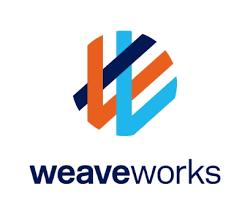
Weaveworks acquired the policy-as-code startup Magalix to secure Kubernetes applications by integrating the solution into Weave GitOps.
“Enterprise customers have made it clear that trusted application delivery is critical to the success of their increasingly complex cloud native platforms,” said Alexis Richardson, the CEO of Weaveworks. “With the acquisition of Magalix, Weaveworks introduces customizable policies, compliance capabilities and comprehensive risk visibility into GitOps workflows, ensuring only authorized applications are deployed and there are no nefarious activities.”
The addition of Magalix’s policy engine will enable DevOps teams to apply consistent policies and best practices across multiple Kubernetes environments. These new developer guardrails will enable Weaveworks customers to bridge the gap between developers, DevOps and security teams.
Also, Magalix’s KubeGuard agent detects and remediates runtime drifts.
Magalix simplifies DevSecOps and enables cloud-native environments to be more secure by integrating directly into source, build, and deployment stages of the software lifecycle, according to Weaveworks.
Customers will be able to use the same declarative approach as Kubernetes to scale their applications while maintaining regulatory requirements and security best practices with Magalix’s security capabilities.
“We are seeing an increase in customers who run a zero-trust security model turning to GitOps to bring DevOps to cloud-native application development and IT operations,” said Mohamed Ahmed, the founder and CEO of Magalix. “Similar to how DevOps disrupted infrastructure management, we believe that integrating security into GitOps pipelines brings considerable agility and speed, preventing errors and protecting against attacks that could shut down the entire platform. Imagine securing your platforms 100 times faster with very high confidence while evolving them. Weaveworks and Magalix share that joint mission to make it easy to innovate fast without jeopardizing security and stability.”






